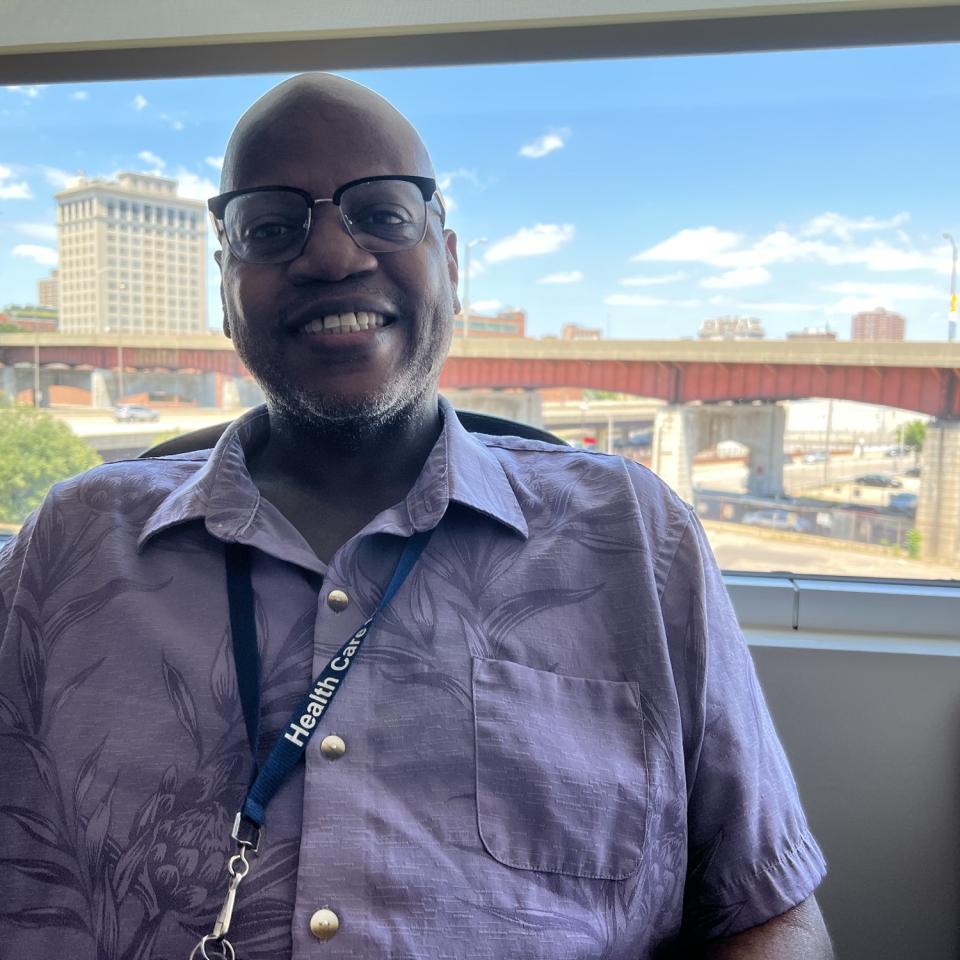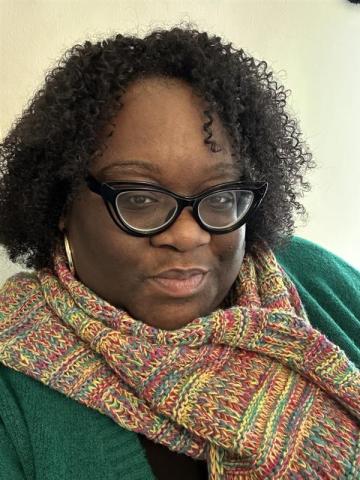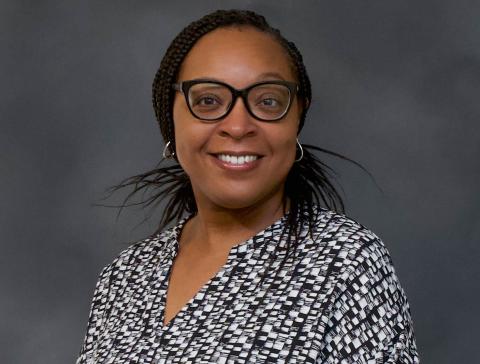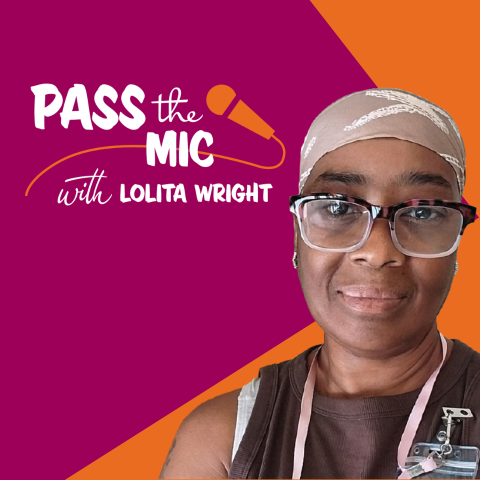
Training the next generation
This past year was the first time Behavioral Health Coordinator Arianne Jennings, LCPC, D.Ph. supervised a social work student.
“The pandemic has taught us that everyone needs support for their mental health no matter what they look like or where they live,” she explains. “We need more therapists out there. So it’s important that we’re a part of helping the next generation of therapists the same way someone did it for us.”
Undergraduate and graduate students in clinical fields come to Health Care for the Homeless to shadow and learn from staff anywhere from a few days to a full calendar year. Arianne and other clinicians provide hands-on training for these future therapists, social workers, nurses and doctors.
Like Arianne, many staff feel a responsibility to support the development of thoughtful, informed clinicians. And many educational programs offer limited instruction in harm reduction modalities, care for under-served populations, or racially equitable and inclusive approaches to clinical care. These skills are extremely beneficial for anyone in a health care field, regardless of their career path.
Research tells us that people experience better patient-provider communication—including visit length, respect and participatory decision-making—when seeing someone of the same race or ethnicity.
With only 4% of therapists, 5% of primary care doctors and 2% of psychiatrists identifying as Black across the US, this impacts the quality and experience of care available to clients.
As an agency, we can do our part by examining our practices as a clinical learning site. Students who train here are sometimes interested in working here upon graduation, making this program a “pipeline” into direct care positions.
So what does it mean if we are not ensuring that African American, Black, and Hispanic/Latinx students are represented among student placements?
Volunteer Manager Marc Bowman, MSW sees opportunity here. “My goal is for our clinical learners to more closely reflect the clients we see,” he says. He is cultivating formal partnerships with social work and nursing programs at Historically Black Colleges and Universities (HBCUs).
There are four within an hour of us: Morgan State University, Coppin State University, Howard University and Bowie State University.
Marc believes that because we have long-standing relationships with local Predominantly White Institutions (PWIs), we can use this as an opportunity to have critical conversations with them around racial equity and inclusion. How is a placement at Health Care for the Homeless framed by the PWI? What do students and program staff know about the needs of the community and our approach?
“It is important to underscore that nearly 63% of Baltimore City residents identify as African American, and 8% identify as Latino/Latina,” says Marc. “We want to get to a place where clients can see providers who look like themselves, feel more at ease in treatment and get better health outcomes.”
Interested in becoming a clinical learner here?
More Recent News
After a year of serving as Practice Manager of West Baltimore, Alkema Jackson is moving into the new role of Director of Practice Operations, Community Sites! She joined Health Care for the Homeless in 2022 as the Client Access Project Coordinator, collaborating across departments to help more people connect to agency services, and in 2023, she received a Core Value Award for Hope. Read on to learn more about Alkema’s approach to this new position…
Meet Christana Greene, our new Director of Compliance! With more than five years in the compliance field—most recently as Senior Quality and Patient Safety Specialist at GBMC Healthcare—Chrissy brings frontline insight to the role. She began her career as a medical assistant, gaining firsthand experience in what it takes to keep care safe and operations running smoothly. In her new role, Chrissy is focused on building a compliance culture grounded in safety, integrity and accountability. Read on to learn more about Chrissy...
Baltimore gets dangerously cold, and too many of our neighbors are out there.Here are three simple things you can do to make a difference in someone’s life this winter.
Meet Lolita Wright, a mother and caregiver. Lolita is never leaving Baltimore. She shares her parents' love of music and determination.





